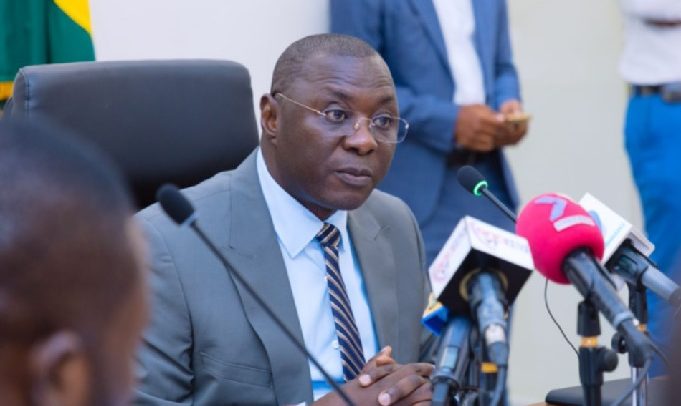Dr Mahammed Amin Adam
Ghana has taken a significant step towards revamping its energy sector, signing a $260 million deal with the World Bank to address the $1.2 billion losses and inefficiencies plaguing the industry.
The Energy Sector Recovery Programme, which includes a $250 million credit for procuring one million electricity meters and a $10 million grant for promoting clean cooking, aims to enhance energy efficiency and operational effectiveness.
Background of the Energy Crisis
Ghana’s energy sector has been grappling with significant challenges, including high electricity distribution losses and low collection rates.
In 2024 alone, the government had to provide approximately GH¢18 billion to cover sector shortfalls.
The situation has been exacerbated by the country’s growing demand for energy, which has put pressure on the existing infrastructure.
Key Components of the Deal
The World Bank’s Programme for Results (PforR) initiative will facilitate a viable process for meter procurement, ensuring transparency in the Cash Waterfall Mechanism and reducing revenue collection losses for the Electricity Company of Ghana (ECG).
The clean cooking initiative will receive an initial 20% of financing directly.
Government Commitment
Minister for Finance, Dr. Mohammed Amin Adam emphasized the government’s commitment to transforming the energy sector to improve its financial viability.
Deputy Energy Minister Collins Adomako-Mensah expressed confidence in meeting the project’s timelines and goals.
World Bank’s Perspective
Dr. Robert Taliercio O’Brien, World Bank Country Director for Ghana, Liberia, and Sierra Leone, highlighted the importance of the program for improving energy sector efficiency and financial performance.
Asjish Khanna, World Bank’s Protective Manager for West and Central Africa Energy, explained that funds will only be paid out upon achieving specific results, such as reduced collection losses.
This deal marks a significant milestone in Ghana’s efforts to stabilize its energy sector and improve the quality of life for its citizens.
BY Daniel Bampoe


